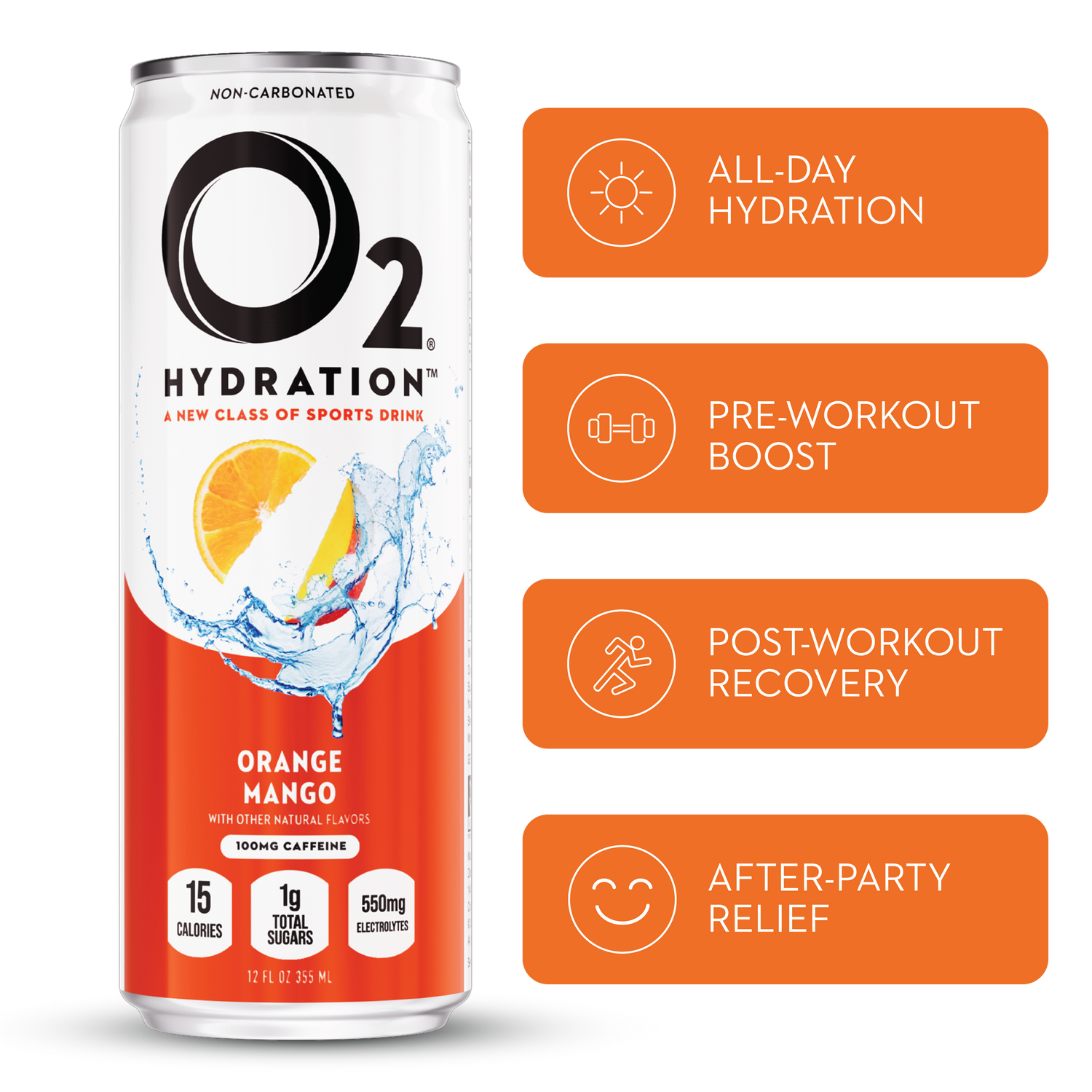
Is Erythritol Healthy? What the Science Says?
Share
Erythritol is hard to spell, hard to say, and relatively hard to make. Nonetheless, this natural sweetener has received gobs of attention lately.
The attention is largely deserved. Not only does erythritol offer sweetness at a fraction of sugar’s calories; it also has a variety of health-promoting properties that scientists have been busy researching in labs far and wide.
The main benefit? Unlike most sweeteners, erythritol doesn’t raise blood sugar or insulin levels. Low-carb and keto folks have taken notice.
Erythritol, it’s true, is a remarkable sugar free sweetener. This blog post will explain why.
What Is Erythritol?
Erythritol is a type of sweetener called a sugar alcohol. Sugar alcohols—or polyols—are not actually sugar or alcohol. Rather, they’re indigestible carbohydrates that lend sweetness at a lower caloric load than sugar.
Of all the sugar alcohols, only sucralose and erythritol are considered non-caloric, which means they have close to zero calories. But unlike erythritol, sucralose has been linked to blood sugar regulation issues.(1)
Erythritol is about 60-80% as sweet as sugar. One gram of sugar, however, contains 3.9 calories, while a gram of erythritol only contains 0.2.(1)
Other sugar alcohols also have fewer calories than sugar, but often the difference is small. Xylitol, for instance, contains 2.4 calories per gram—which isn’t insignificant.
When you eat erythritol, most of it isn’t metabolized (processed) by your body. You pee out most of the erythritol you ingest (about 90% of it).(1)
Erythritol was first discovered in 1852, though it didn’t become commercially available until the 1990s. Today, this sugar alcohol is approved in over 60 countries, including the USA.(1)
Unlike other sugar alcohols, erythritol isn’t chemically synthesized, but rather produced through natural fermentation of yeast and bacteria. Because of this, erythritol is fairly costly and difficult to produce.
Erythritol is commonly used to sweeten low-carb, keto-friendly, and low-calorie foods. The low-carb community, it’s true, has embraced erythritol because it doesn’t raise blood sugar or insulin levels.
Erythritol Benefits
Erythritol has close to zero calories. This is a benefit in and of itself, especially for folks trying to lose weight.
Erythritol, however, offers further health benefits beyond its non-caloric status.
#1: Helps Keep Blood Sugar and Insulin Low
Erythritol doesn’t raise blood sugar or insulin levels.(2) Why? Because you don’t digest erythritol as a carbohydrate. You pee it out instead.
Preventing blood sugar and insulin spikes can be a very good thing. In fact, high blood sugar and high insulin levels have been linked to nearly every chronic disease in the book: cancer, Alzheimer’s, heart disease, you name it.(3, 4, 5) Erythritol is especially promising for those with type 2 diabetes—a condition marked by high blood sugar, high insulin, and obesity.(2)
Erythritol is also an ideal sweetener for low-carb or ketogenic diets. That’s because, to enter ketosis, you need to keep insulin low. (6)
#2: Blood Vessel Function
When erythritol enters the bloodstream, it appears to exert protective effects on blood vessels. Specifically, erythritol can mitigate vascular damage resulting from high blood sugar, or hyperglycemia. Some examples now.
In rats, erythritol supplementation decreased markers of oxidative stress and protected their little rodent blood vessels from damage. (7)
And in a small human trial, researchers gave 24 type 2 diabetes patients 36 grams of erythritol every day for a month.(8) Results? Improvements in small vessel function and reduced aortic stiffness—both signs of lower heart disease risk.
#3: Oral health
Sugar, you’re probably aware, is bad for your teeth. That’s because sugar feeds the growth of Streptococcus mutans—a form of strep bacteria that lives in dental plaque and damages bone and enamel. (9)
On the other hand, sugar alcohols like erythritol, xylitol, and sorbitol promote dental health by inhibiting the growth of bad bacteria. According to a 2016 review published in the International Journal of Dentistry, erythritol is the best in the lot. (10)
Let’s look at a specific study now. Over the course of three years, grade school children were given either erythritol, xylitol, or sorbitol candies each day in school. When the study concluded, the researchers found that—of all the candies— erythritol was most effective at reducing plaque and plaque-causing bacteria. (11)
#4: Easy to digest
The biggest problem with sugar alcohols? They often cause stomach issues like gas, bloating, and diarrhea.
That’s because sugar alcohols are FODMAPs—indigestible carbohydrates that get fermented by gut bacteria. Lots of fermentation, unfortunately, means lots of gut activity.
Many people, especially those with chronic gut issues, can’t tolerate FODMAPs. For these folks, xylitol, mannitol, maltitol, sorbitol, and the rest of the polyol gang are mostly off limits.(12)
Erythritol, however, seems to be extremely well tolerated. It’s only when you approach the 50 gram mark that problems arise.(13)
The bottom line? Erythritol is easy to digest and worth trying, even if other sugar alcohols give you issues.
Erythritol Side Effects
Around 90% of ingested erythritol never reaches the large bowel. Because of this, very little bacterial fermentation occurs. Less fermentation, fewer symptoms.
In one double-blind placebo-controlled study, 35 grams of erythritol per day caused no issues in young adults. Thirty five grams xylitol, on the other hand, provoked diarrhea.(13)
But full disclosure: 50 grams of erythritol caused nausea and stomach gurgling in these same volunteers. Avoid megadoses of this natural sweetener and you should be fine.
Should You Use Erythritol?
Erythritol is non-caloric, doesn’t spike blood glucose, and carries a cool, sweet aftertaste not dissimilar from sugar. It’s no surprise that low-carbers have welcomed this low-calorie sweetener to the keto community.
Erythritol is absorbed intact into the bloodstream. You pee most of it out, and so very little reaches the colon to create GI symptoms. Multiple studies have confirmed erythritol is both safe and well-tolerated.
Separate from its sweetening power, eritritol also has antioxidant and antimicrobial effects. These properties, it’s been shown, can come in handy for protecting blood vessels and maintaining oral health.
So yes, even though it’s a pain to pronounce, there’s a lot to like about erythritol.

